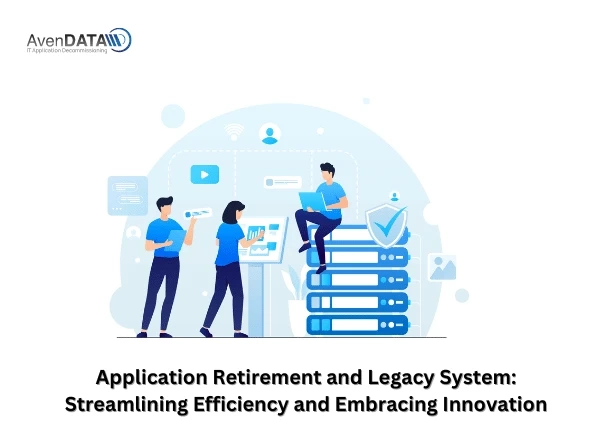Introduction
In today\'s fast-paced technological landscape, businesses are constantly evolving to meet the demands of a dynamic market. As companies grow and adapt, the need to retire outdated applications and legacy systems becomes crucial. This article explores the importance of application retirement and legacy system modernization, highlighting the benefits, challenges, and best practices involved in this process.
1. Understanding Legacy Systems
Legacy systems refer to outdated software or hardware that has been in use for a considerable period. These systems often pose challenges due to their outdated technology, lack of support, and compatibility issues. Legacy systems can hinder business growth, impede innovation, and increase maintenance costs.
2. The Significance of Application Retirement
Application retirement involves the deliberate and strategic process of retiring outdated applications and migrating data to modern systems. It enables organizations to streamline their operations, reduce costs, and leverage new technologies. By retiring obsolete applications, companies can focus on innovation, improve efficiency, and enhance the overall user experience.
3. Benefits of Legacy System Modernization
Legacy system modernization offers several key benefits for organizations:
- Enhanced Efficiency: By replacing legacy systems with modern alternatives, businesses can streamline processes, automate tasks, and improve productivity.
- Cost Savings: Legacy systems often require significant maintenance and support costs. Modernizing these systems can lead to substantial savings in the long run.
- Improved Scalability: Legacy systems may struggle to adapt to changing business needs. Modernization enables organizations to scale their operations effectively.
- Competitive Advantage: By embracing modern technology, businesses can gain a competitive edge by providing better products, services, and customer experiences.
4. Challenges in Application Retirement
While application retirement offers numerous benefits, it is not without challenges. Some common hurdles include:
- Legacy Dependencies: Legacy systems often have intricate dependencies that need to be identified and addressed during the retirement process.
- Legacy Knowledge: Over time, knowledge about legacy systems may become scarce. Organizations must capture and document this knowledge before retiring the applications.
- Resistance to Change: Employees may resist the adoption of new systems, requiring effective change management strategies.




